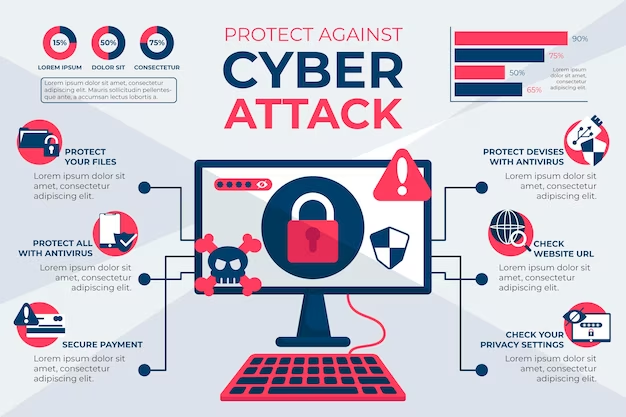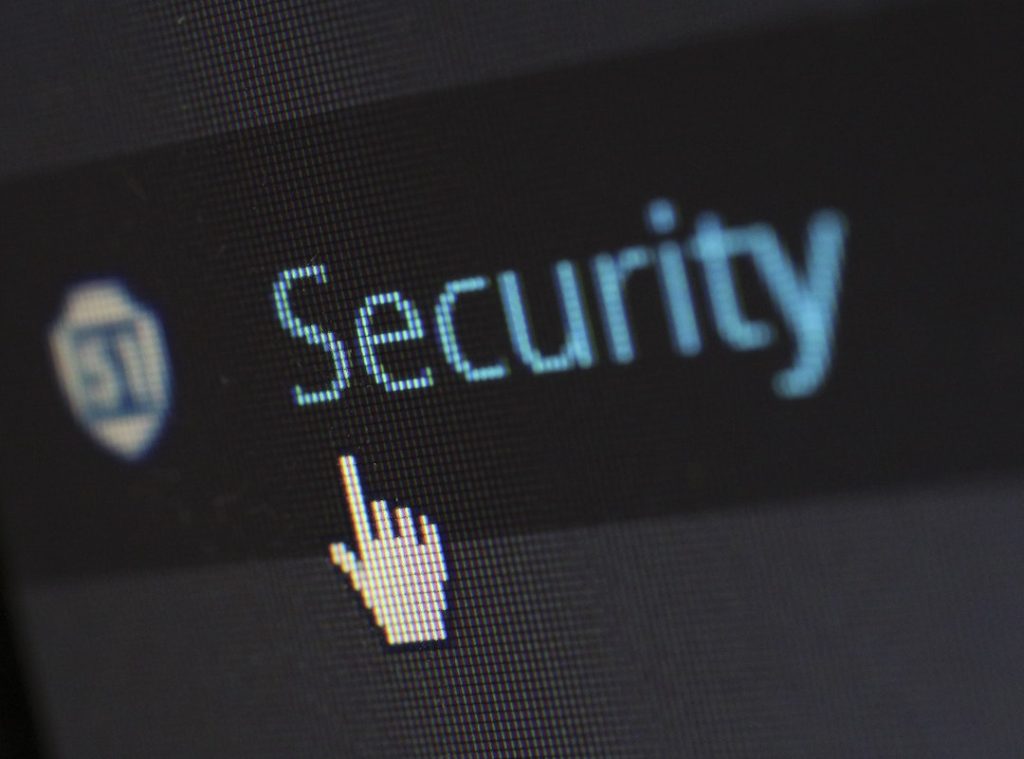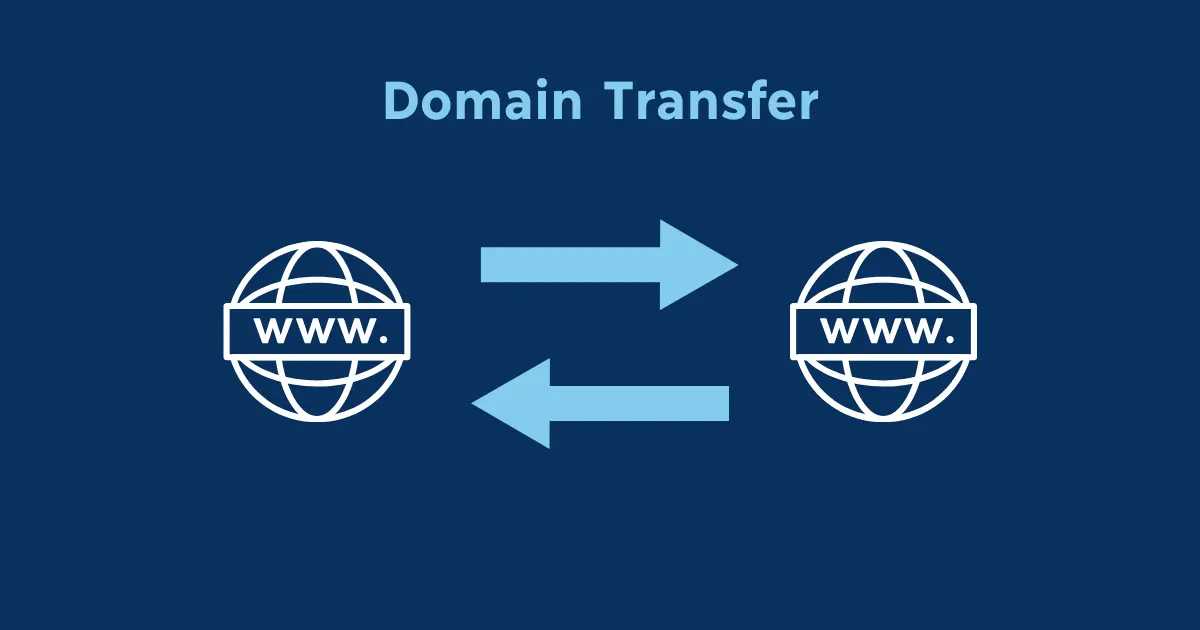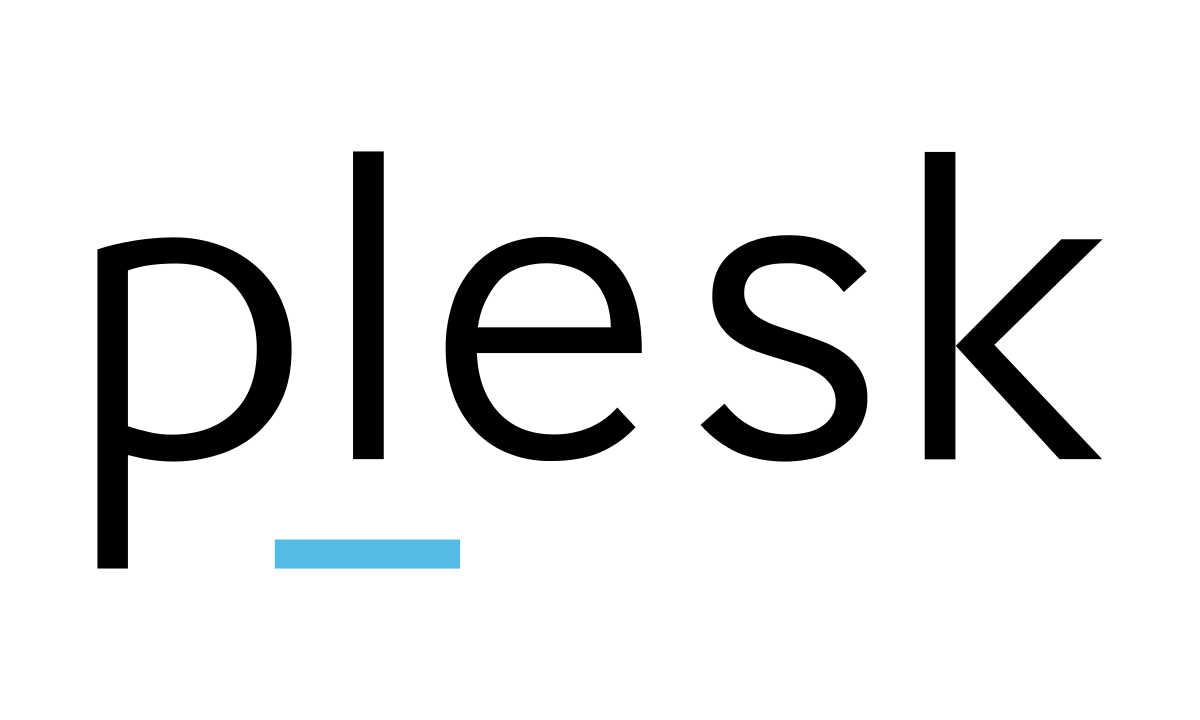Website security is essential for several reasons, regardless of the size or nature of your website.
WordPress powers over 40% of all websites on the internet, making it a prime target for hackers.
Table of Contents
The key reasons why you need website security:
Protecting Sensitive Data
- User Information: Websites often handle sensitive user information such as names, addresses, emails, and payment details. Ensuring this data is protected helps maintain user trust and compliance with data protection regulations.
- Business Information: Protecting proprietary business data, internal communications, and other sensitive information is crucial to prevent corporate espionage and data breaches.
2. Preventing Cyber Attacks
- Malware: Websites can be targeted by malware that can steal data, hijack resources, or spread to site visitors.
- Hacking: Attackers may exploit vulnerabilities to gain unauthorized access, deface the site, or disrupt services.
- DDoS Attacks: Distributed Denial of Service (DDoS) attacks can overwhelm your website with traffic, causing it to slow down or become unavailable.

3. Maintaining Reputation and Trust
- User Trust: A secure website builds trust with users, encouraging them to interact and transact with confidence.
- Brand Image: A security breach can damage your brand’s reputation, resulting in lost customers and revenue.
4. Legal and Regulatory Compliance
- Data Protection Laws: Many jurisdictions have strict data protection regulations (e.g., GDPR, CCPA) that require businesses to implement adequate security measures.
- PCI DSS Compliance: If you handle payment card information, you must comply with the Payment Card Industry Data Security Standard (PCI DSS).
5. SEO and Search Engine Rankings
- Search Engine Preferences: Search engines like Google prioritize secure websites in their ranking algorithms. An HTTPS-enabled website (with SSL/TLS certificates) can boost your search engine ranking.
- Penalties for Insecure Sites: Insecure websites may be flagged by browsers and search engines, leading to warnings that deter visitors.
Key Website Security Measures:
- SSL/TLS Certificates: Encrypt data transmitted between the user and your website.
- Regular Updates and Patching: Keep software, plugins, and libraries up-to-date to close security vulnerabilities.
- Firewalls and Intrusion Detection Systems: Monitor and protect against unauthorized access and attacks.
- Strong Authentication Mechanisms: Implement strong passwords, two-factor authentication, and other access controls.
- Regular Security Audits and Penetration Testing: Identify and mitigate vulnerabilities through periodic testing.
- Backups: Maintain regular backups of your site to recover quickly in case of an attack.

Investing in website security is not just about protecting data; it’s about ensuring the overall health, reputation, and operational continuity of your online presence.
Conclusion
Website security is a critical aspect of maintaining a trustworthy, compliant, and resilient online presence. Protecting sensitive data, preventing cyber attacks, maintaining reputation, complying with legal requirements, and improving search engine rankings are all compelling reasons to prioritize robust security measures. Implementing SSL/TLS certificates, regular updates, firewalls, strong authentication, security audits, and backups are essential steps to safeguard your website. By investing in website security, you not only protect your users and data but also enhance the overall health and credibility of your online operations.





